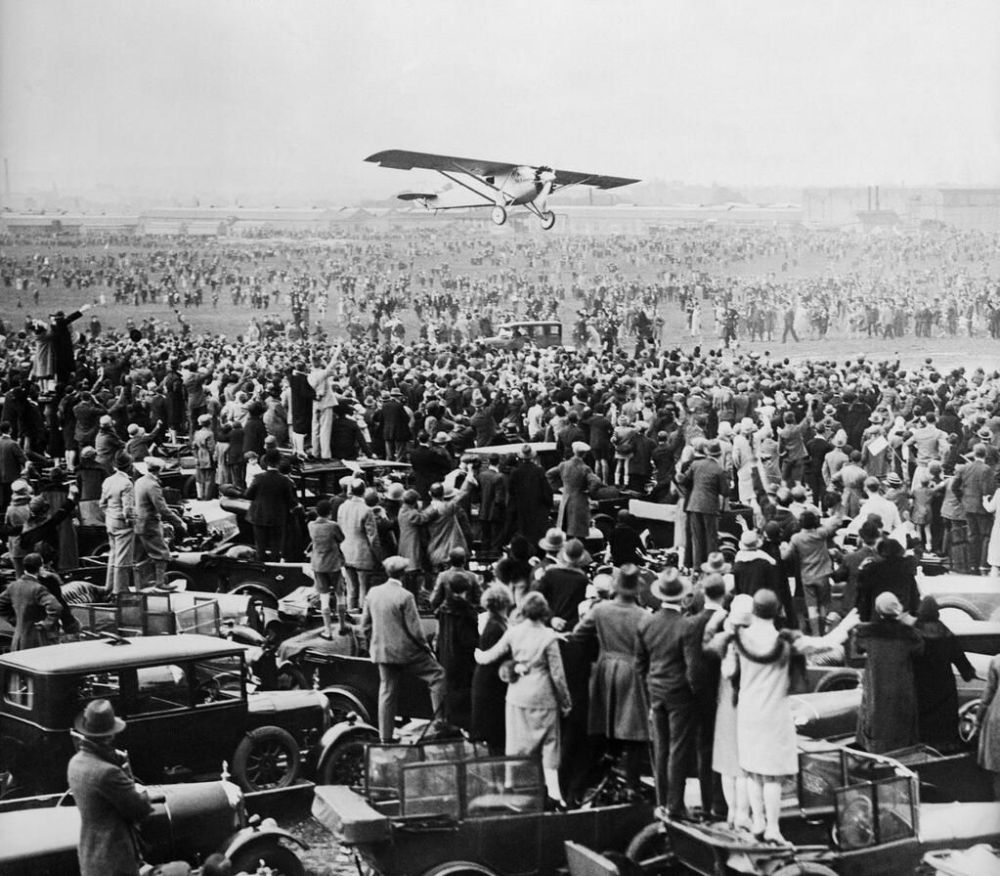

Lindbergh was an outspoken critic of the Federal Reserve Isolationist views and opposition to the Federal Reserve In 1916 he unsuccessfully campaigned for a seat in the United States Senate. In 1912, he supported Theodore Roosevelt's unsuccessful third party Progressive bid for the White House.


He was elected to the United States House of Representatives in 1906 as a Republican, serving in the 60th, 61st, 62nd, 63rd, and 64th congresses. Lindbergh served as prosecuting attorney for Morrison County, Minnesota, from 1891 to 1893. Ĭharles August Lindbergh studied law at the University of Michigan Law School, graduating in 1883, and was admitted to the bar that same year. August worked as a farmer and a blacksmith for 26 years before marrying Louisa in 1885, having become a widower in 1864 with the death of his first wife in Sweden. They settled in Melrose, Minnesota, and had six more children together. Lovisa became Louisa and young Carl became Charles August Lindbergh. When accused of bribery and embezzlement, Ola Månsson changed his name to August Lindbergh, left his wife and seven children, and emigrated to the United States with his mistress and their illegitimate infant son, Carl, in 1859. Lindbergh was born Carl Månsson, in Stockholm, Sweden, to Lovisa Carlén, the 19-year-old mistress of Ola Månsson, a peasant member of the Riksdag of the Estates and a bank manager. Lindbergh is best known as the father of famed aviator Charles Lindbergh. He opposed American entry into World War I as well as the 1913 Federal Reserve Act. Charles August Lindbergh (born Carl Månsson January 20, 1859 – May 24, 1924) was a United States Congressman from Minnesota's 6th congressional district from 1907 to 1917.


 0 kommentar(er)
0 kommentar(er)
